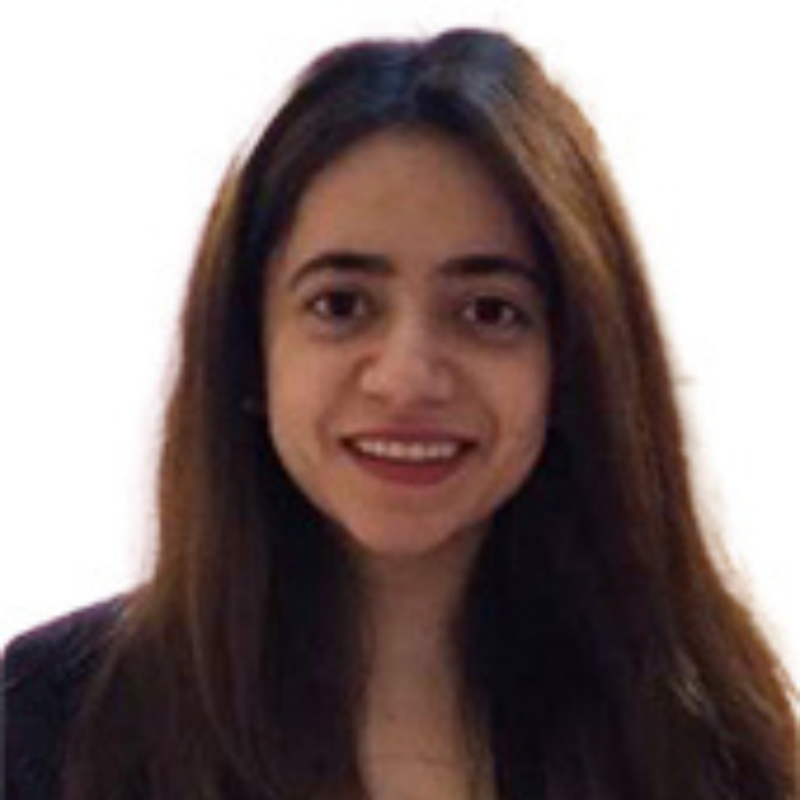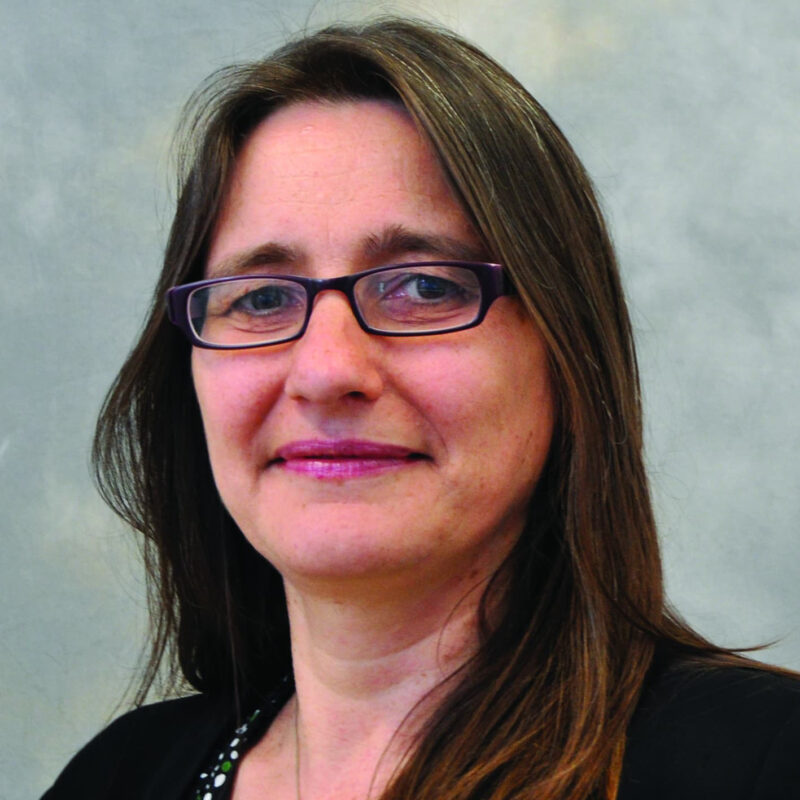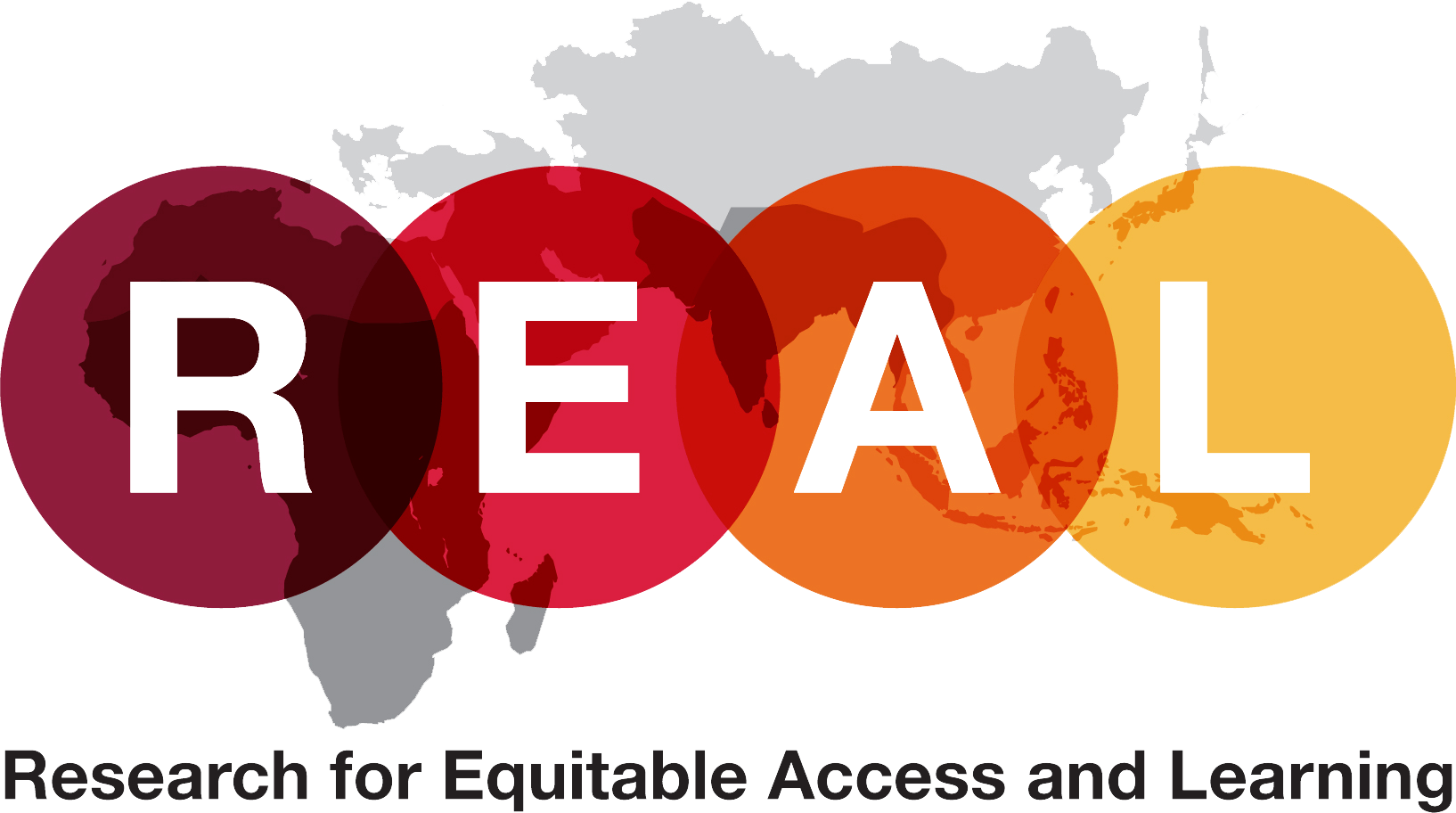Blog
Launching the Gender Equality and Social Inclusion in Implementation Science Research blog series: Bridging the gaps
Laraib Niaz and Pauline Rose
This blog was written by Dr Laraib Niaz and Professor Pauline Rose, Research for Equitable Access and Learning (REAL) Centre at the University of Cambridge.
With increasing interest and evidence on effective strategies for scaling education interventions, implementation science has become a crucial field of study.
Implementation research is the scientific inquiry into questions of implementation to discover how and why implementation is going right or wrong. Despite its growing prominence, there remains a significant gap in how Gender Equality and Social Inclusion (GESI) is integrated into implementation science research, particularly in the Global South. Addressing this gap is essential for ensuring that education interventions are scaled in ways that are inclusive, equitable and capable of addressing systemic inequalities.
This blog is being published for International Women’s Day to mark the launch of a new series exploring GESI in implementation science research. We invite researchers, policymakers and practitioners to contribute evidence and insights, share experiences and engage in dialogue on how to embed GESI considerations in education interventions at scale.
The concept behind the blog series
Gender Equality and Social Inclusion (GESI) has been established as a core priority within education research and practice, alongside effectiveness, for the What Works Hub for Global Education. At its core, GESI examines unequal power relations between different social groups. As defined by the GESI Working Group (2017, p. 37):
‘Gender equality, disability, and social inclusion (GE[D]SI) is a concept that examines unequal power relations between different social groups. The GE[D]SI approach… focuses on the need for action to re-balance these power relations and ensure equal rights, opportunities, and respect for all individuals regardless of their social identity.’
While implementation science frameworks in the field of health have increased their focus on GESI in recent years (for example in the Digital Health Equity-Focused Implementation Research), its application in education remains extremely limited. Our upcoming systematic review of implementation science research is seeking to identify theoretical and empirical studies which incorporate GESI in implementation science research in education.
Only 19 education-focused studies were identified that engaged with Gender Equality and Social Inclusion in some form, and among them, only three provided conceptual frameworks for GESI integration. Of the 19 studies identified, only one was on the Global South (focused on South Africa). Of these studies, few engaged deeply with power dynamics, intersectionality or structural inequalities. This suggests a need to bridge the gap between education research that addresses GESI and implementation science approaches, to ensure that GESI considerations are systematically embedded in how education interventions are scaled.
We realise that the dearth of studies identified could be partly because education research does not always use the term ‘implementation science’ explicitly, even when engaging with real-time evidence use (see for example the Girls’ Education Challenge). And it is likely that there are other programmes underway that we have so far been unable to capture.
What we are looking for in the blog series
This blog series aims to fill the gap in discussions on embedding Gender Equality and Social Inclusion (GESI) in education-focused implementation science research, creating a space for reflection, evidence-sharing, and debate. We hope to highlight practical approaches, showcase real-world case studies and explore both challenges and opportunities in scaling education interventions, while ensuring they remain inclusive. Importantly, our approach to social inclusion focuses on key intersecting dimensions such as gender, disability, religion, race, ethnicity, conflict and geographic location.
Each blog will focus on a specific theme or contribution, offering deep dives into:
- The interplay between GESI and scaling education interventions – what are the key tensions, and how can they be addressed?
- Case studies and lessons learnt from different country contexts.
- Frameworks, tools, and strategies for embedding GESI in implementation science research.
- The role of different methodologies, including how randomised control trials as well as participatory and community-led approaches can advance GESI-sensitive education interventions.
- How data collection, analysis, and research team composition can support meaningful GESI integration.
By bringing together insights from different contexts and interventions, we hope to build a systematic knowledge base on how to integrate GESI in education interventions at scale.
A call for contributions
We invite researchers, practitioners, policymakers and organisations working in education and implementation science to contribute to this series. Whether you have field experience, empirical findings or insights from cross-sectoral research, we welcome diverse perspectives that can help bridge the gap between GESI theory and practice in implementation science research.
By learning from different perspectives and real-world experiences, we can collectively strengthen the role of implementation science in advancing inclusive, equitable education systems. If you are interested in contributing to the series, please get in touch – we look forward to engaging with you!
For questions and to share your proposals for contributions, please contact the REAL Centre, with ‘WWHGE GESI blog series’ in the title.
Niaz, L. & Rose, P. 2025. Launching the Gender Equality and Social Inclusion in Implementation Science Research blog series: Bridging the gaps. What Works Hub for Global Education. Blog. 2025/003. https://doi.org/10.35489/BSG-WhatWorksHubforGlobalEducation-BL_2025/003
Discover more
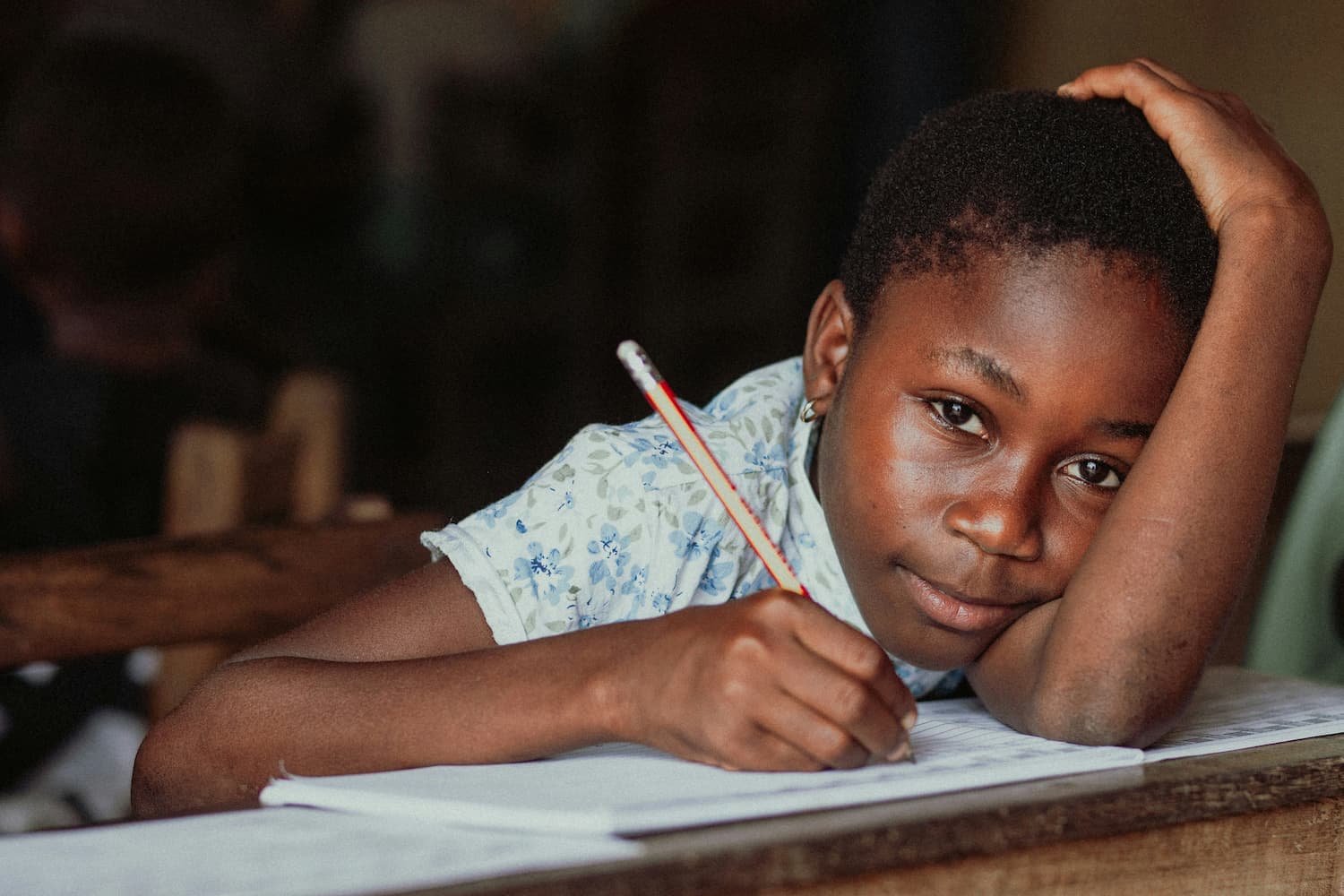
What we do
Our work will directly affect up to 3 million children, and reach up to 17 million more through its influence.
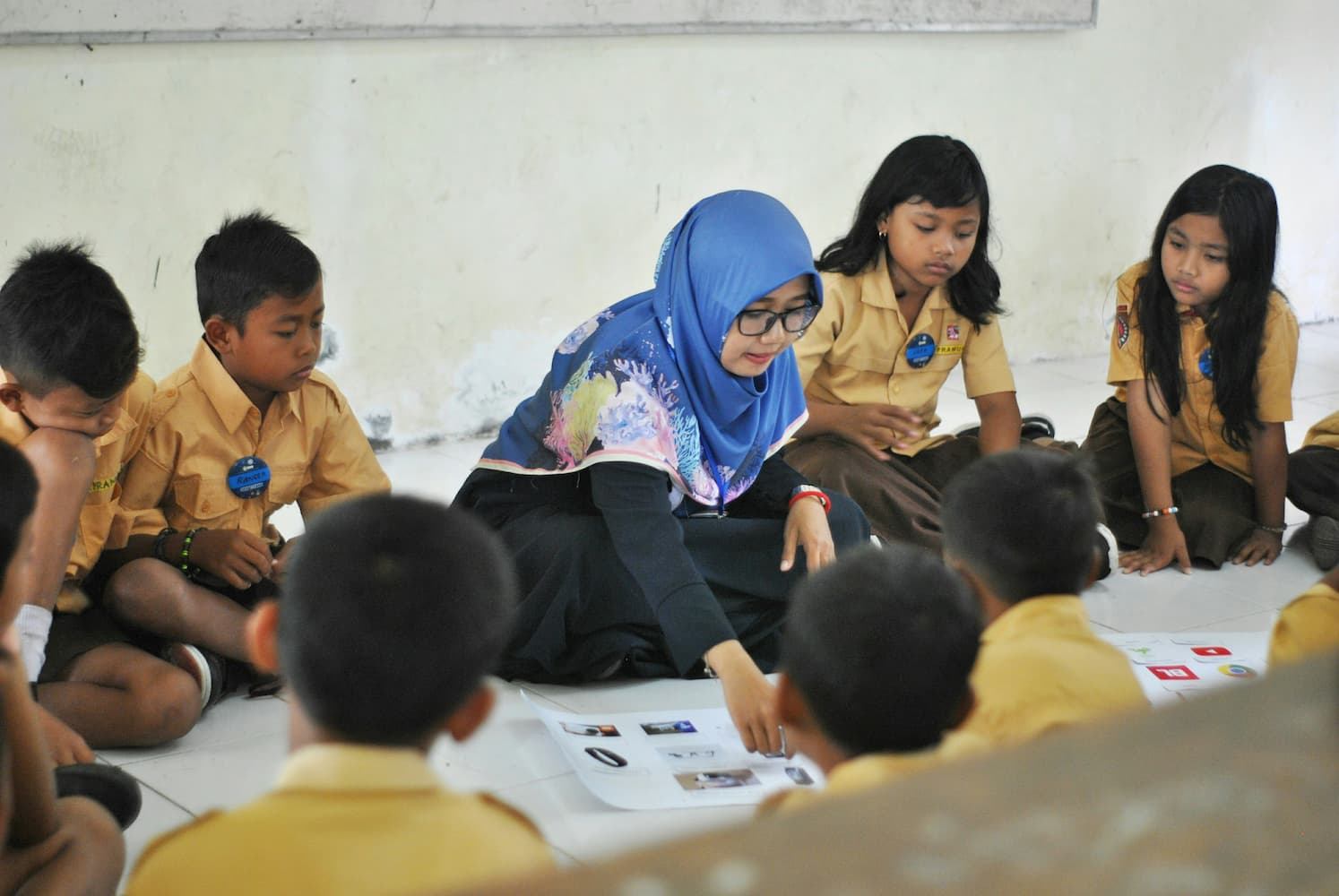
Who we are
A group of strategic partners, consortium partners, researchers, policymakers, practitioners and professionals working together.
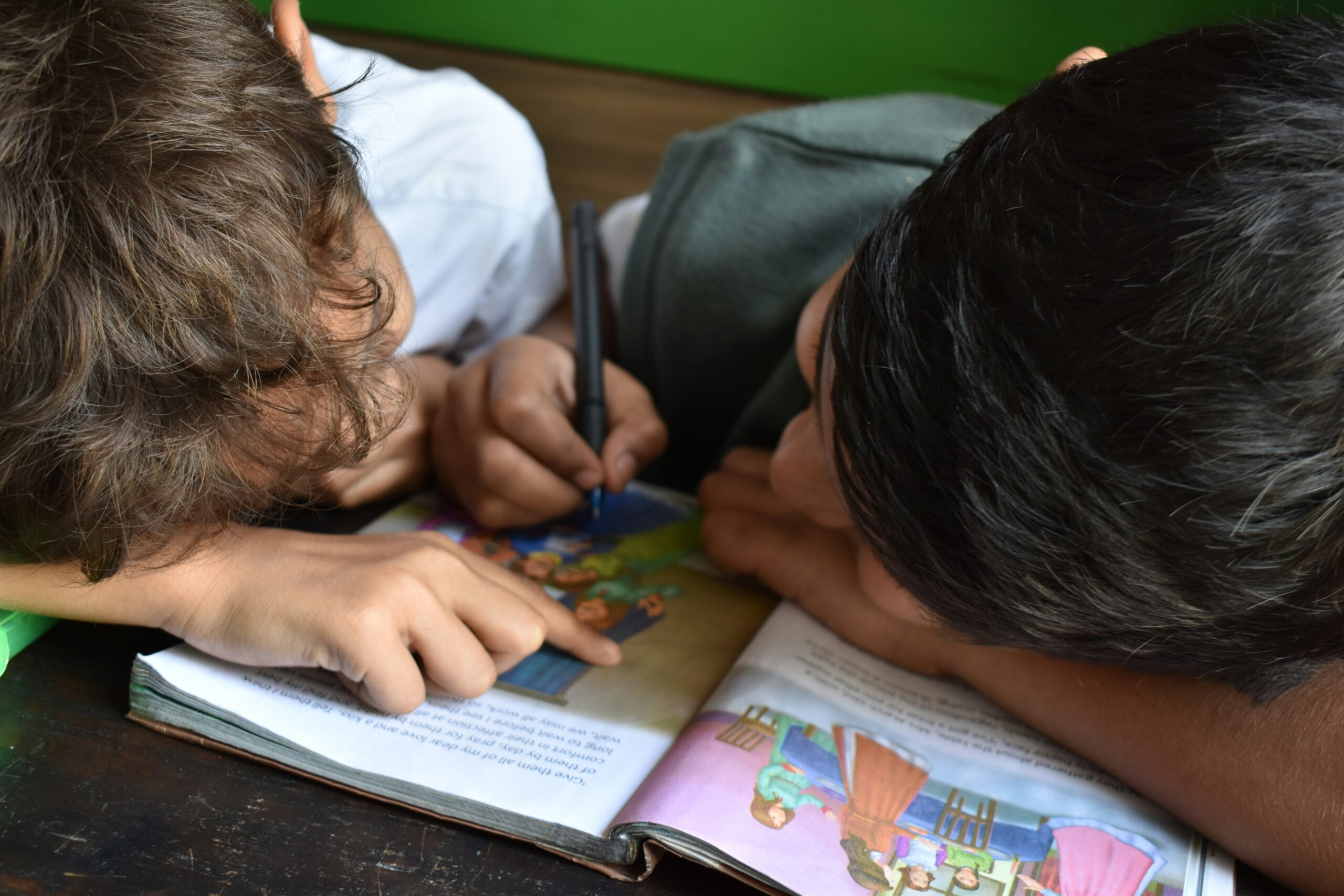
Get involved
Share our goal of literacy, numeracy and other key skills for all children? Follow us, work with us or join us at an event.
